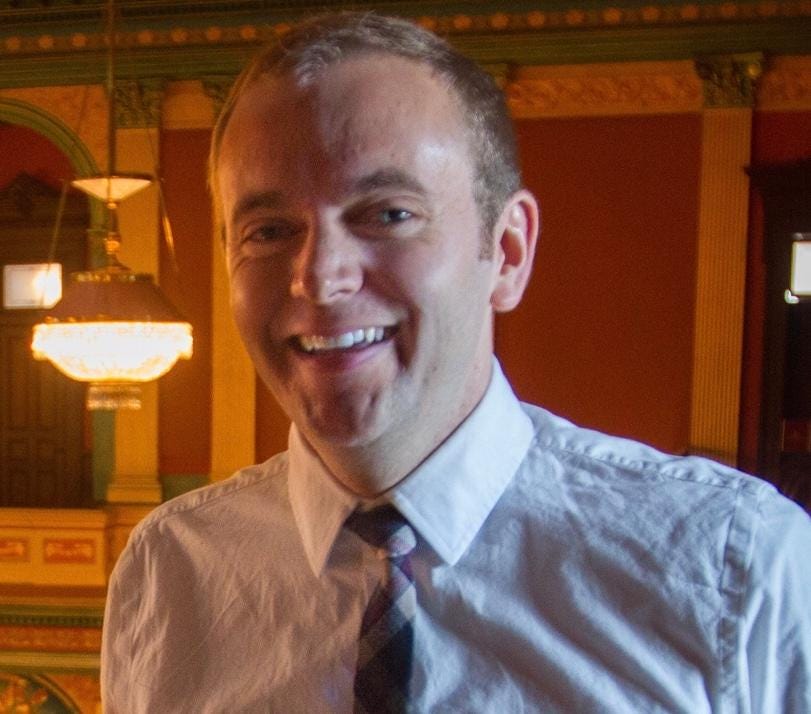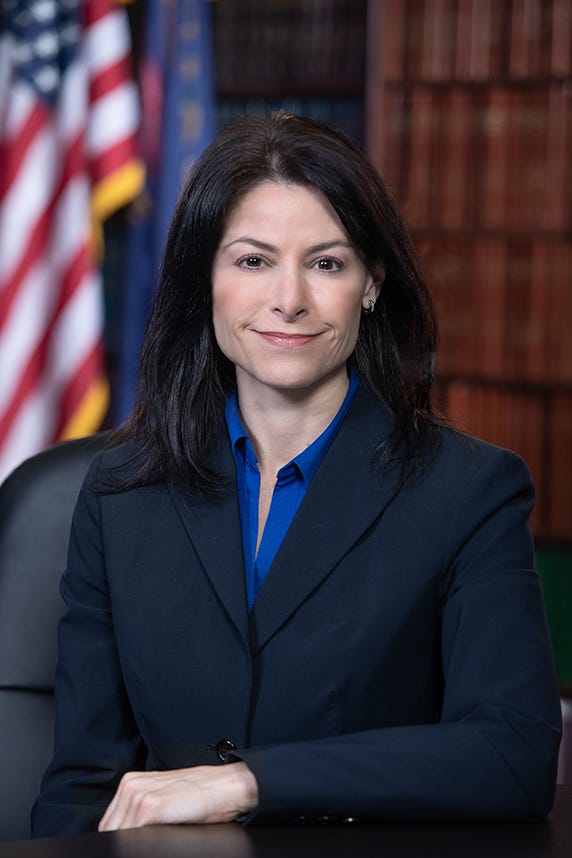Michigan responds to Texas challenge in U.S. Supreme Court: Our election is 'over'
 Craig Mauger
Craig MaugerLansing — Michigan's attorneys filed their response Thursday to Texas's legal push to overturn battleground states' election results, saying the lawsuit in the U.S. Supreme Court was "unprecedented" and "without factual foundation."
Michigan Attorney General Dana Nessel, a Democrat, and three other employees of her office wrote that President-elect Joe Biden's 154,000-vote win in the state had already been certified by the Board of State Canvassers and upheld in state court decisions.
For the nation's high court to intervene would be an "intrusion" on the state's sovereignty, according to Nessel and her aides.
"The election in Michigan is over," they wrote. "Texas comes as a stranger to this matter and should not be heard here."

On Tuesday, Texas Attorney General Ken Paxton, a supporter of President Donald Trump, announced he was suing Michigan, Georgia, Pennsylvania and Wisconsin in the U.S. Supreme Court. Paxton alleged that the four states that helped deliver the presidential race for Biden had violated election laws and improperly expanded absentee voting during the COVID-19 pandemic.
The suit has become the new focus of Trump's efforts to reverse the election's results as presidential electors prepare to meet on Dec. 14. The challenge seeks an order calling Michigan's election results unconstitutional, stopping the state from choosing electors based on the popular vote and requiring the Legislature to appoint its own electors in a way that doesn't conflict with the Constitution — or appoint no electors at all.
Paxton argued that Michigan had used the COVID-19 pandemic to mail unlawful absentee ballot applications to all of Michigan's registered voters. He also took issue with her decision to allow for electronic absentee ballot applications.
The four states in question had until 3 p.m. Thursday to respond to the Texas suit, which 17 other states signed a brief supporting. Michigan's filing contended the state's election had been certified, there had already been court fights over the subjects Paxton raised and it wasn't proper for another state to weigh in on how elections are run elsewhere.
Texas's claims "explicitly center on allegations that state or local officials violated state law," Nessel's team said.
"The claims are particularly striking as no Michigan court has found a violation of state law, despite a rash of litigation," the state's response said. "And, pertaining to the Secretary of State’s mailing of absent voter ballot applications, courts have found that the act did not violate state law."
Michigan Court of Claims Judge Cynthia Stephens ruled in August that Benson had the authority as the state's chief elections officer to issue absentee ballot applications and, in September, the state Court of Claims upheld Stephens' ruling 2-1.
If the U.S. Supreme Court adopts Texas's arguments, it would "dramatically expand" the court's "oversight of state elections," Michigan argued in its brief.
"It is difficult to conceive of a greater intrusion upon Michigan’s sovereignty than to have another state (haul) it before this Court to answer whether Michigan has followed its own laws in its own elections where its own courts have found no violation," Michigan's response says. "Yet, Texas has done just that.
In addition to Nessel, who was elected in 2018, Solicitor General Fadwa Hammoud and two assistant attorneys general, Heather Meingast and Erik Grill, signed the brief.
cmauger@detroitnews.com